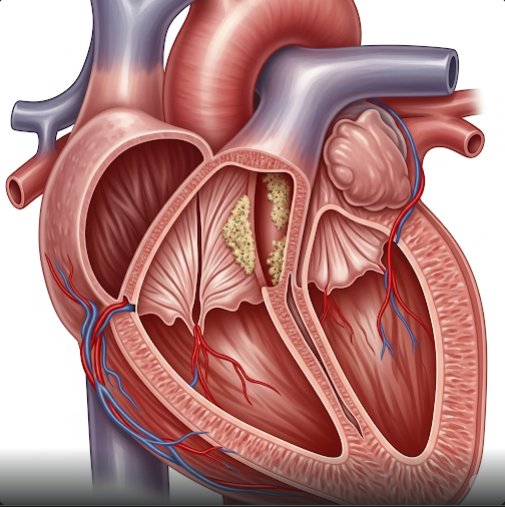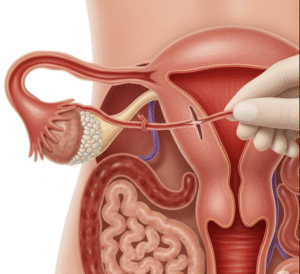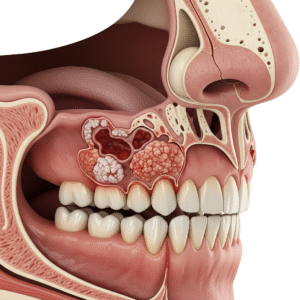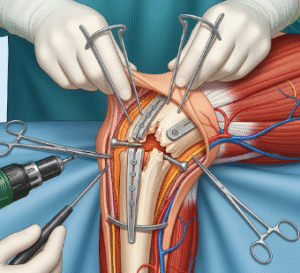Overview
Rheumatic Heart Disease (RHD) is a chronic heart condition resulting from damage to the heart valves caused by rheumatic fever. It remains a significant cause of cardiovascular morbidity and mortality worldwide, especially in developing countries. In Korea, with advanced cardiology services and preventive healthcare, early detection and treatment of RHD help reduce complications and improve patients’ quality of life.
What is Rheumatic Heart Disease?
Rheumatic Heart Disease develops when repeated or severe rheumatic fever causes permanent scarring and deformity of the heart valves, especially the mitral and aortic valves. This leads to valve stenosis (narrowing) or regurgitation (leakage), impairing the heart’s ability to pump blood effectively.
Symptoms
- Shortness of breath, especially during exertion
- Fatigue and weakness
- Heart palpitations or irregular heartbeat
- Chest pain or discomfort
- Swelling of legs, ankles, or abdomen (due to heart failure)
- Recurrent sore throat or history of rheumatic fever
Causes
- Damage from autoimmune reaction triggered by group A Streptococcus infection (rheumatic fever)
- Progressive scarring and deformity of heart valves from repeated inflammation
Risk Factors
- History of rheumatic fever
- Living in areas with limited access to medical care
- Poor socioeconomic conditions
- Recurrent streptococcal infections without proper treatment
Complications
- Heart failure due to valve dysfunction
- Atrial fibrillation and increased risk of stroke
- Infective endocarditis (infection of the damaged heart valves)
- Pulmonary hypertension
- Sudden cardiac death
Prevention
- Prevention of initial and recurrent rheumatic fever through prompt treatment of strep throat
- Regular follow-up and prophylactic antibiotics for patients with history of rheumatic fever
- Public health measures to reduce streptococcal infections
Treatment Options in Korea
Korean cardiology centers offer comprehensive management of Rheumatic Heart Disease:
- Medications: Diuretics, beta-blockers, anticoagulants, and other drugs to manage symptoms and prevent complications.
- Regular Monitoring: Echocardiography and clinical assessment to evaluate valve function and disease progression.
- Interventional Procedures: Balloon valvuloplasty to open narrowed valves in suitable cases.
- Surgery: Valve repair or replacement using mechanical or biological prostheses when indicated.
- Long-term Care: Secondary antibiotic prophylaxis to prevent recurrence of rheumatic fever.
- Rehabilitation: Cardiac rehabilitation and lifestyle counseling to improve heart health.













